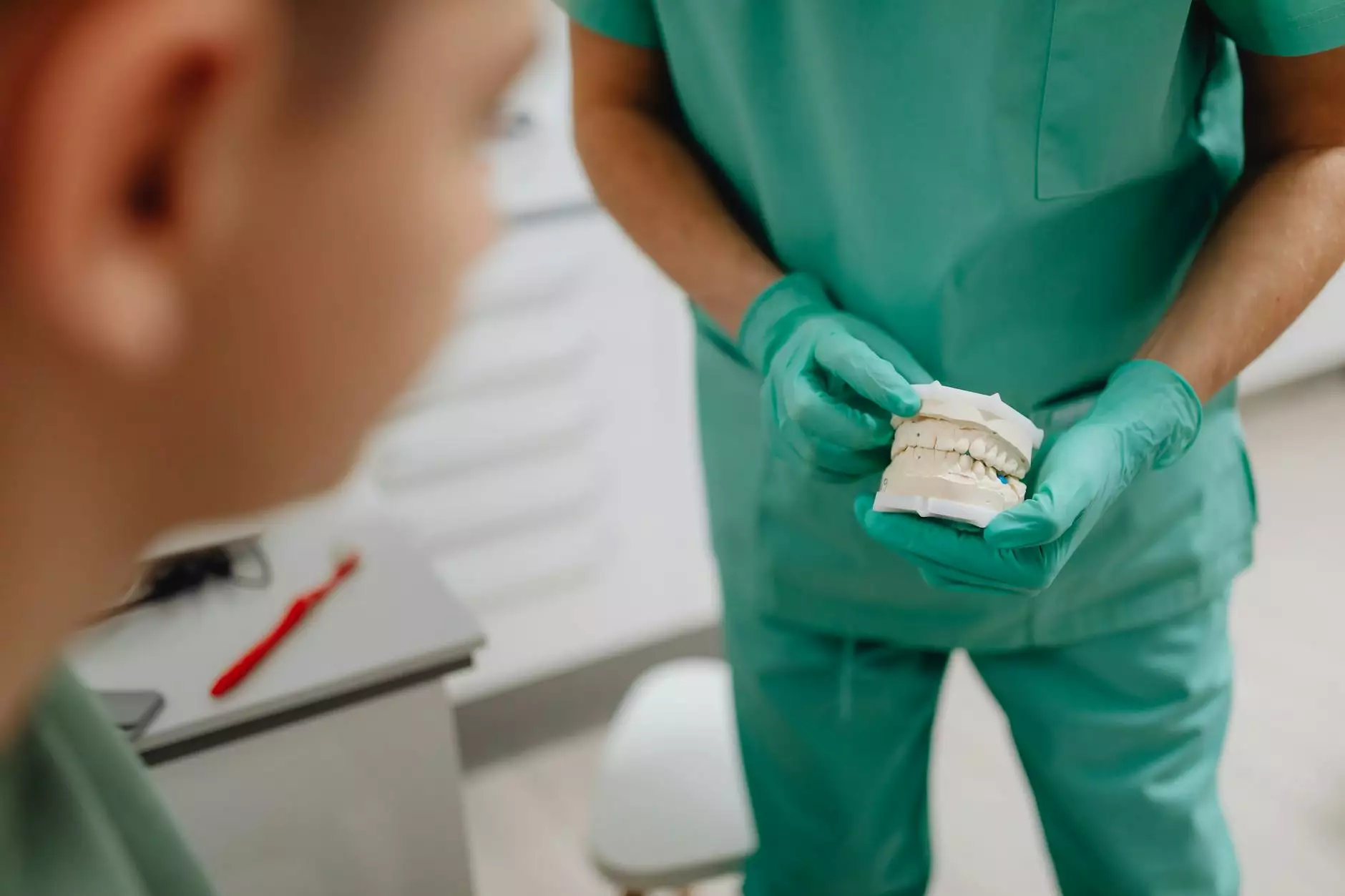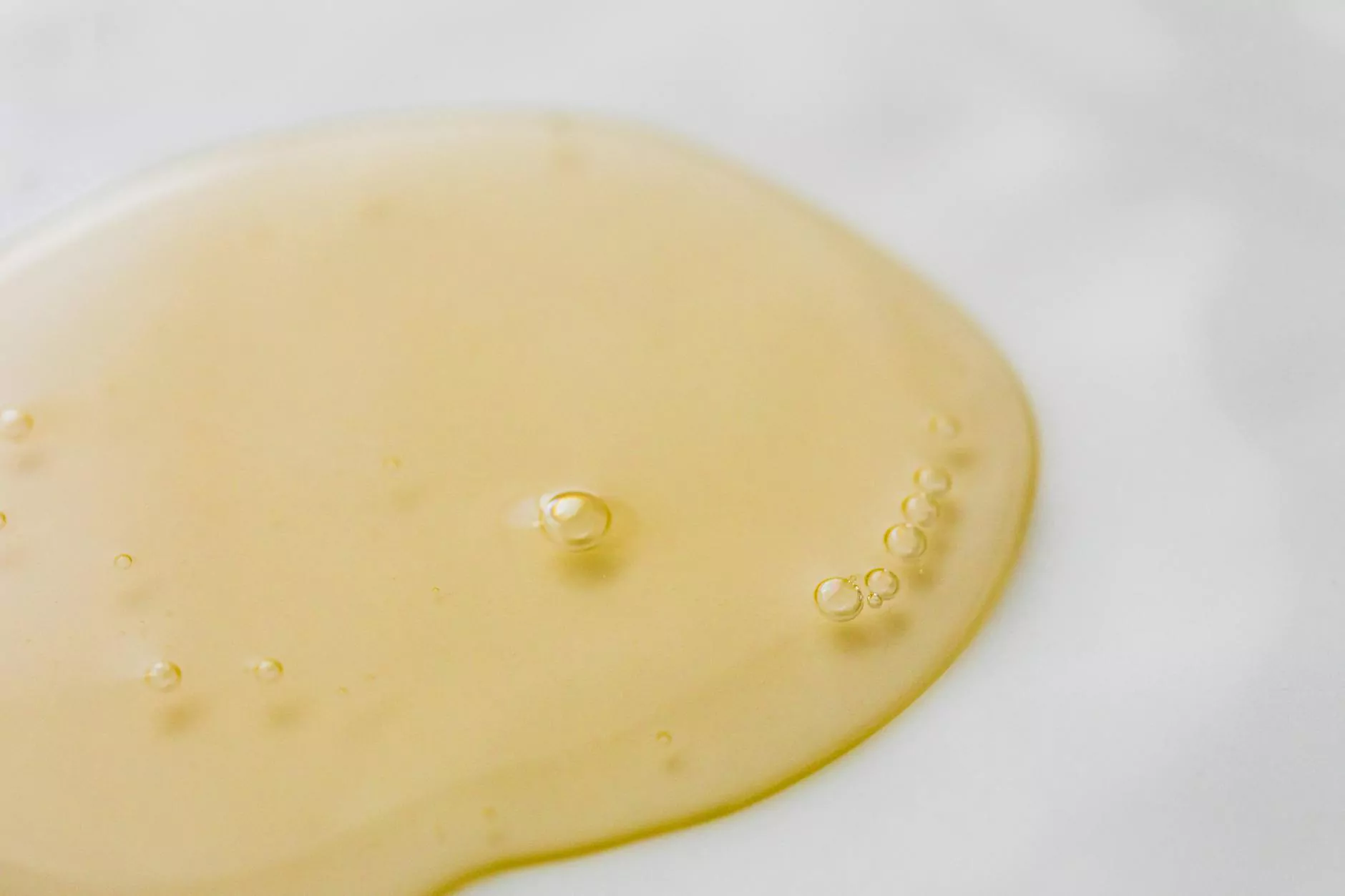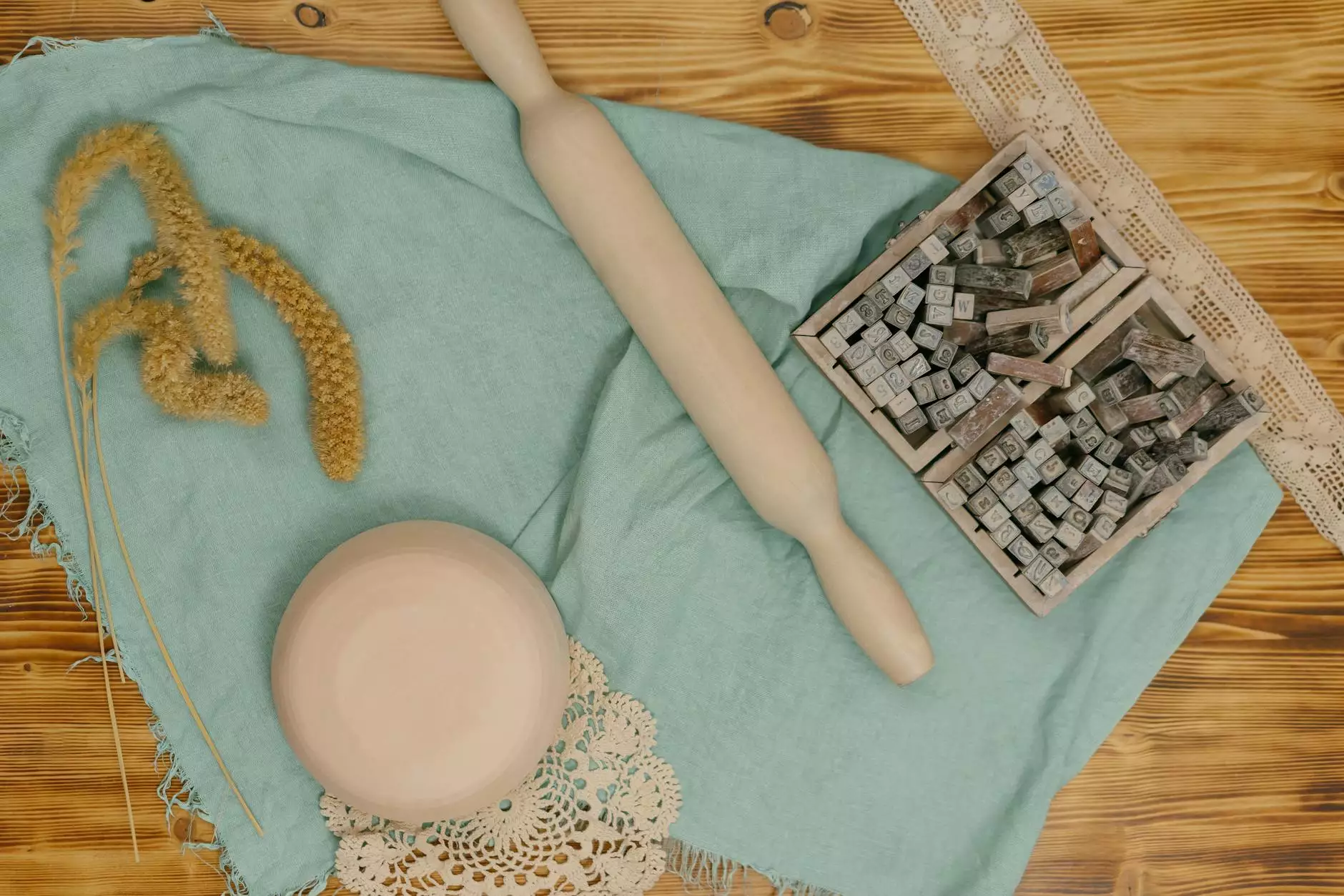The Importance of Medical Knives in Modern Medicine

Medical knives, often referred to as surgical knives or scalpels, play a crucial role in the field of medicine. These sophisticated tools are designed with precision and care, ensuring that healthcare professionals can perform delicate surgeries with utmost accuracy. In this comprehensive article, we will delve into the various aspects of medical knives, their significance in healthcare, and how they enhance the capabilities of doctors working in medical centers.
What is a Medical Knife?
A medical knife is a vital instrument in the surgical toolkit, providing the means for cutting tissues during medical procedures. They come in various forms, each tailored to specific surgical needs:
- Scalpels: These are the most common type of medical knives, featuring a small, sharp blade attached to a handle.
- Scissors: While primarily for cutting, specialized scissors can also be classified under medical knives due to their precision cutting capabilities.
- Other Cutting Instruments: This includes various knives designed for particular surgical applications, such as dermatological or ophthalmic procedures.
Types of Medical Knives
Understanding the different types of medical knives available is essential for medical professionals. Here are some of the most common types:
1. Disposable Surgical Blades
Disposable surgical blades are designed for single use, minimizing the risk of infections. They offer a high level of sharpness and sterility, making them a favorite in operating rooms.
2. Reusable Surgical Knives
Reusable surgical knives are made with high-quality materials that can withstand multiple sterilization processes. They are environmentally friendly and cost-effective in the long run.
3. Specialty Knives
Specialty knives, such as those used for laser surgery, are designed for very specific surgical techniques. Their unique construction allows for precision in delicate operations.
The Role of Medical Knives in Surgery
The role of medical knives in surgery is irreplaceable. These instruments are inherently tied to the efficacy and safety of surgical procedures. Let’s explore the key roles they play:
Precision Cutting
One of the most important roles of medical knives is their ability to allow for precision cutting. Whether it’s a minor incision or a major surgical procedure, the sharpness and design of a medical knife dictate the quality of the incision made by a surgeon.
Facilitating Quick Procedures
In emergency situations, time is critical. The efficiency of surgical knives facilitates quicker surgical interventions, allowing doctors to respond effectively to life-threatening conditions.
Reducing Patient Trauma
Sharp and well-designed medical knives can minimize trauma to surrounding tissues, leading to quicker recovery times and less postoperative pain.
Choosing the Right Medical Knife
For healthcare professionals, selecting the appropriate medical knife is crucial. Here are some factors to consider:
- Type of Surgery: Different procedures require different types of knives.
- Blade Sharpness: The sharpness of the blade directly affects the incision quality.
- Ergonomics: The handle design should allow surgeons to maintain a good grip, especially in lengthy procedures.
Innovation in Medical Knife Design
As technology evolves, so does the design and functionality of medical knives. Innovations such as laser cutting and robotic-assisted surgery are changing the landscape of surgical procedures.
Laser Surgical Knives
Laser surgical knives are revolutionizing how surgeries are performed. They provide precision cutting and cauterization simultaneously, reducing blood loss and enhancing recovery.
Robotic Surgery
With the advent of robotic-assisted surgical systems, medical knives are now operated remotely by surgeons. This allows for enhanced precision and the ability to perform complex procedures with minimal invasiveness.
Importance of Sterilization
The importance of sterilization and maintenance of medical knives cannot be overstated. Proper sterilization protocols help prevent infections and ensure patient safety. Here are key points regarding sterilization:
- Autoclaving: A common method for sterilizing reusable surgical knives.
- Single-use Protocols: Emphasizing the use of disposable blades in certain situations to mitigate risk.
- Regular Inspections: Ensuring the integrity of blades and handles to maintain safety and effectiveness.
The Future of Medical Knives
The future of medical knives holds exciting possibilities with advances in technology. Smart knives that can assess tissue quality in real time are being developed, indicating a shift towards precision medicine.
Smart Surgical Instruments
Smart surgical instruments equipped with sensors could provide surgeons with valuable data during procedures, leading to better outcomes and enhanced patient safety.
Material Advancements
Innovations in materials science may yield stronger, lighter, and more durable blades, pushing the boundaries of what is possible in surgery.
Conclusion
In summary, medical knives are an integral part of modern medicine, facilitating precise surgeries and improving patient outcomes. As technology continues to advance, these tools will evolve to meet the demands of modern healthcare, ensuring that doctors can provide the best care possible. By understanding their significance, we can appreciate the role of these essential instruments in the medical field today.
For more information about medical knives and their applications, visit grey-medical.com.









